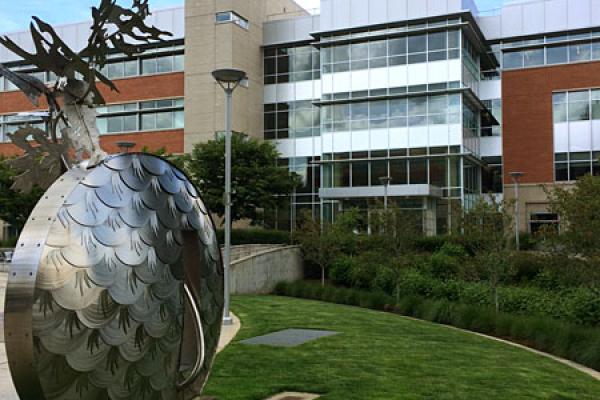For additional questions, email us at lis@clackamas.us or call 503-742-4458 to speak with a Sustainability Advisor.
Liability
I am worried about liability. Am I protected?
Yes, you are protected by both state and federal laws when you donate food in good faith. The federal Bill Emerson Good Samaritan Food Donation Act and Oregon Laws (ORS Chapter 30.890 and 30.892) state that the donor shall not be subject to civil or criminal liability arising from the nature, age, packaging, or condition of apparently wholesome food or an apparently fit grocery product that is donated in good faith to a nonprofit organization for ultimate distribution to needy individuals.
Tax benefits
Is there a tax benefit for donating food?
The federal enhanced tax deduction for food donation, Internal Revenue Code 170(e)(3), states that businesses may be eligible to deduct some of the cost to produce the food and part of the lost profit.
For more information about how the deduction works, visit Harvard Food Law and Policy Clinic and consult your accountant for eligibility requirements.
Donation considerations
What do I need to consider before donating food?
Food rescue agencies and non-profits need to assess the time, effort and coordination necessary to pick up donated food. For example, a one-time donation of food may not be worth the coordination necessary by an agency to obtain it. Ideally, food donation recipients seek consistent or larger donations. An agency may take smaller donations, but a call to check beforehand is recommended.
The following questions are important to consider for your business and the food assistance agencies you may partner with.
- Is this a one-time (or infrequent) donation?
- If this is potentially a regular donation, what is the average amount of food to be donated, and how often — weekly, monthly – is it likely to happen?
- What type of food will be donated: shelf-stable, perishable or ready-to-eat?
- Can you deliver this donation or does it need to be picked up?
- If it needs to be picked up, can it be stored or refrigerated for a short time (a few hours to a few days) to allow the collection agency time to coordinate the pick-up?
- If necessary, do you have containers to donate food in? Are they disposable or reusable? Will the food be donated in single portions or in large portions that may need to be repacked?
Organizations that accept food donations
What types of organizations accept food and what do they accept?
The kind of food items you have to donate (shelf-stable, perishable or ready-to-eat) will determine what type of agency to work with. Please note that some agencies help their clients with food in multiple ways. Some general guidelines for organizations include:
- Food Bank/Pantry: The service offered usually mirrors a shopping-style experience that allows clients to pick and choose items that are shelf-stable, fresh or frozen from each category of food.
- Meal Site: This service tends to consist of a hot meal, dessert and a beverage.
- Emergency/Supplemental Food Box: This is a prepacked bag or box of food that consists of pantry staples and shelf-stable items that can be supplemented with fresh and frozen items.
Accepted foods and other items*
Shelf-stable (bolded items in high demand)
- Bulk foods
- Canned and packaged foods
- Desserts and sweets
- Breads and other baked goods
- Baby formula/food
- Pet food
- Toiletries
- Perishable (bolded items in high demand)
- Dairy
- Meat
- Seafood
- Frozen foods
- Produce
- Ready-to-eat foods that have not been opened
- Prepared foods that have not already been served
*Please contact individual agencies to confirm what they can and cannot accept.
How do I find an organization in my area to donate to?
- Oregon Food Bank agency locator
- Our Sustainability Advisors can help you identify potential partnerships within your community – just call 503-742-4458.
 Translate
Translate






